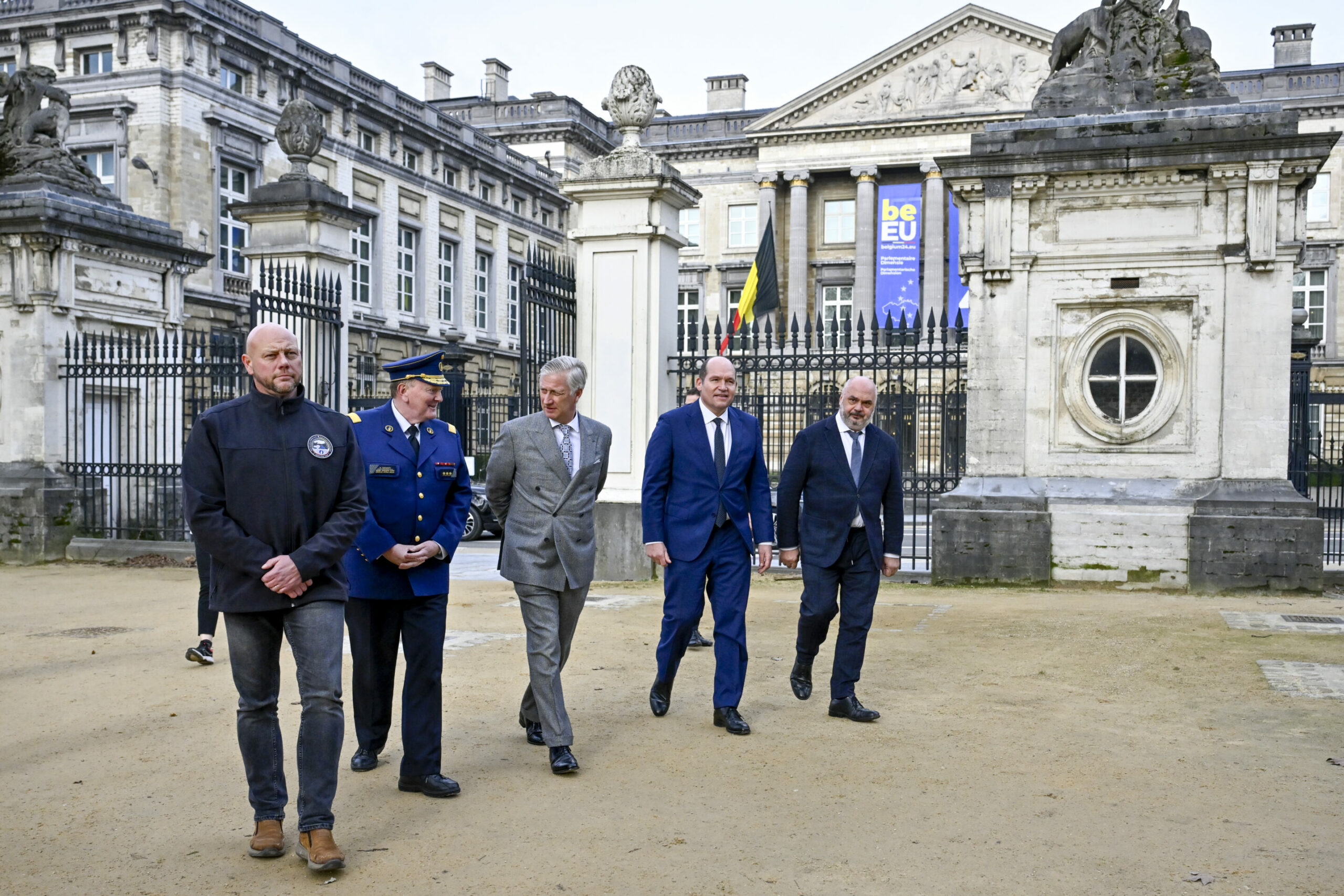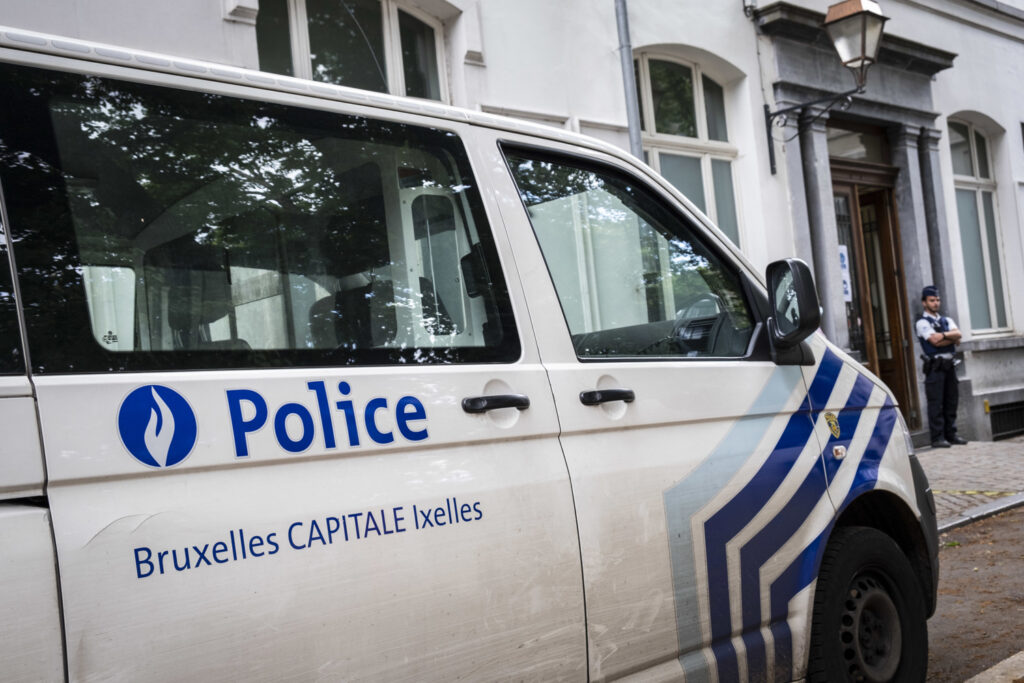The Police of the Brussels Capital/Ixelles area CGSP union criticised their field staff’s working conditions on Thursday.
The statement was in response to the City of Brussels Mayor Philippe Close’s "optimistic statements" published in the media on Monday.
While Close felt that the Brussels Capital/Ixelles police zone was in a good position to combat drug-related violence, the union did not share his enthusiasm.
"He says that we are going to fight, that everything is going well, but we are short of staff", Valérie Leclercq, head of welfare at the CGSP Police section in the area, told Belga. "We don't have the time or the manpower to fight drugs in the neighbourhoods of Brussels, that's a lie. Close's optimism is very shocking for the staff."
The union has already called on the territorial director of the zone to "put an end to the solitary patrols by police officers who are not trained for this exercise", but to no avail.
"The territorial authority persists in sending these inspectors out on the streets alone in uniform, exposing them to the risks associated with multiple criminal phenomena, in order to compensate for the structural lack of manpower," it deplored.
A meeting of all the trade unions is scheduled for 29 February, ahead of a consultation committee. "We are facing a drop in morale. We urgently need more resources to ensure the safety of our citizens.
Close, presiding over the municipal council on Monday, praised the Brussels-Ixelles police force. Despite opposition councillors’ queries surrounding increasing drug-related violence, the Mayor emphasised last year’s figures. In anti-drug operations, the police made 411 arrests, took 258 cases to the prosecutor, and issued 63 warrants.

Head of the local police Michel Goovaerts, King Philippe of Belgium, City of Brussels mayor Philippe Close, and Ixelles mayor Christos Doulkeridis pictured at a royal visit to the Herscham team from the Brussels Capital Ixelles police zone, in Brussels, Wednesday 24 January 2024. Credit: Belga / Dirk Waem
Since 11 February, six arrests and five cases were taken to the prosecutor in the city’s drug trafficking hotspots. The Mayor said, "I meet with the area’s Chief Commissioner every day. Our police are motivated and always come up with action plans and solutions."
Moreover, Close highlighted that the police force has recruited around a hundred additional inspectors in recent years, though agreed more are needed.
The Mayor expressed a desire to replicate the model utilised in the Marolles area, notably since 2022, with a referee judge, in Brussels Midi and other areas. This model’s target: boosting police presence at drug-selling points, drawing on "local researchers", community patrolling, and temporarily inactive patrolling reinforcements from elsewhere.
Close also mentioned that Brussels was the first to send officers to the federal police, weakened between 2014 and 2018. He stated the region invests around €10 million annually for this cause.
Finally, since 2020, the central police zone of the capital has been partnering with the Office for Foreign Nationals on the "High Troube" project, now adopted by other zones. Specifically targeting drug traffickers, the project removed 67 people from Brussels-Ixelles territory, added the Mayor.

